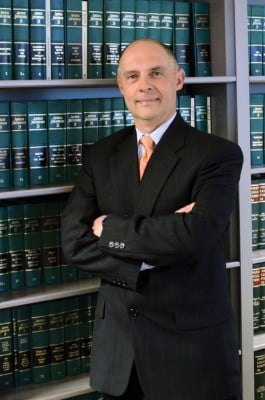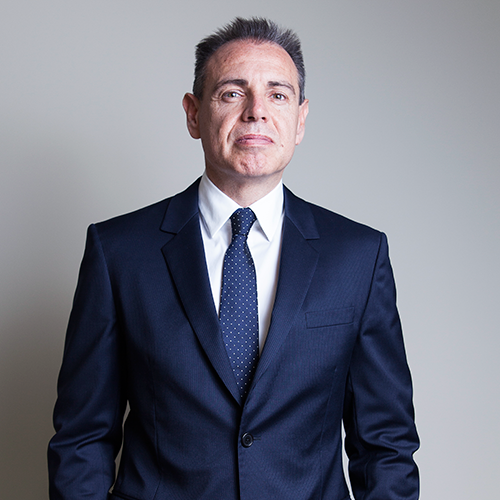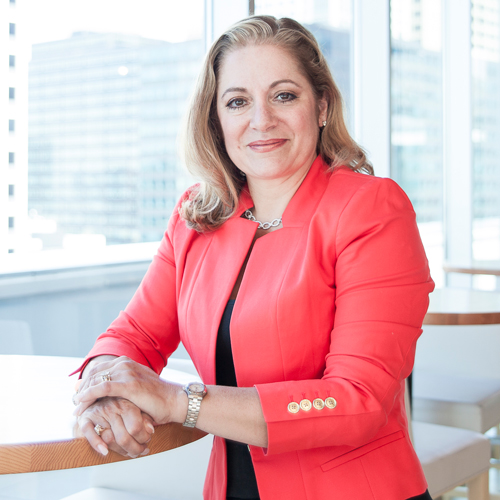In 2010, the Department of Justice issued $1.8 billion in penalties for corrupt practices abroad, sending a clear message to multinationals that do business in high-risk, third-world countries: pay attention.

Multinational corporations often have offices in Mexico, Brazil, Russia, and China among other locations that carry a significant amount of corruption risk. That’s why ethics and compliance programs exist. But these programs are not free. Those of us who work in this area seek to demonstrate that they both minimize the possibility of punishing penalties and add value to the business. The latter is not always easy to see—until you try to sell a foreign subsidiary and have to discount the price because due diligence reflects a neglected corruption problem.
I’ve worked with multinational companies in the automotive industry for almost 15 years (14 with Delphi Automotive Systems and now with Chrysler Group LLC), and my experience has taught me how much a corporate counsel must continuously learn and adapt.
So many companies had to reinvent themselves during the economic crisis of the 2009. Many went through bankruptcy reorganizations, and others had to aggressively pursue new sources of financing and new customers—often with new business models—just to survive. As in-house counsel, we live through these changes and see new legal needs emerge.
It is well-known that most corruption is perpetrated not by a company directly, but by its third-party representatives, necessitating that companies have an anticorruption program to evaluate third parties. These can include distributors, dealers, or consultants, but no company can afford to investigate all the parties it does business with. Compliance professionals have to develop meaningful programs that identify those that actually create risk, and then take effective action.
At the same time, our programs may uncover things about our suppliers that we didn’t know. I’ve had to tell business leaders that the results of due diligence revealed that their consultant in a particular country was involved in a corruption scandal years ago. Businesspeople can’t be expected to see those risks when they engage a consultant. That is why we bring our programs and expertise to the table.
The programs I refer to are becoming increasingly common, but the effort required to have a compliance culture has to be real and deep. For a multinational, it also has to be global. It’s extremely important to build a solid bridge between cultures. As an international company, we often work in parts of the world that simply have different views on ethics and bribery. Sometimes these concepts are completely new. We can’t make people stop paying bribes unless we change the culture of our employees and the people they do business with. To change culture, we have to understand what they face in real life and convince them that developing an ethical culture will benefit their business, societies, and personal lives. Issuing decrees and expecting people to follow them without a context is rarely—if ever—effective.
Much of my work is to act as a bridge between cultures. I must understand and accept cultural differences. Fortunately, I was born and raised in Mexico. I know firsthand that although humans share common problems, people really do look at problems from different perspectives. My background helps me more effectively communicate the global business culture to other countries.
You sometimes hear people say in Brazil that some US policies must be “tropicalized” to make sense. This is true. Going to Latin America, I help make sure that the “tropicalization” remains within the spirit of their global policies. Coming back, I explain to our policymakers why the “tropicalization” is necessary.
On the flip side, it’s hard for someone in a US headquarters to understand the issues that drive decision making in faraway regions of the world if they’ve only seen them through airports or conference rooms. We have to understand how to approach different cultures, partnering with multicultural locals who can act as bridges and who can help us understand and communicate effectively. When I go to Russia, I have to admit that I’m ignorant about some aspects of personal and professional culture. You can’t comprehend someone’s unfamiliar behavior until you’re there, you’re able to observe everyday life, and ask questions. Once you have that context, you can start to transpose corporate objectives with ethics and compliance into their culture. That’s the only way to build consistency and tackle corruption issues in a large, leading, global organization.

